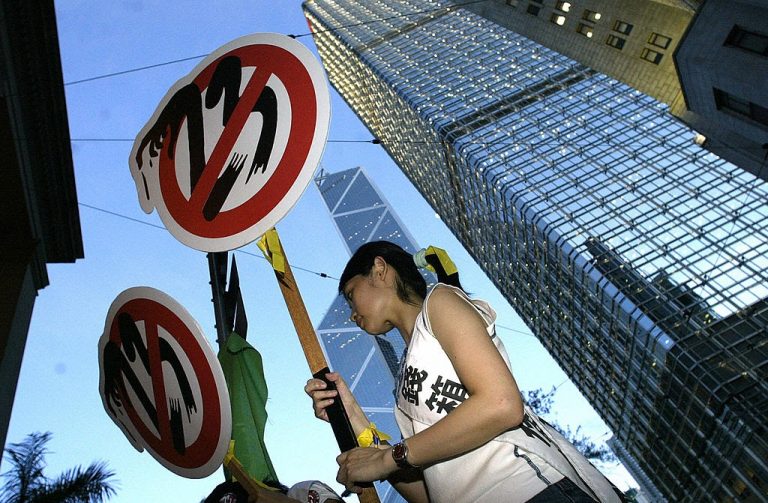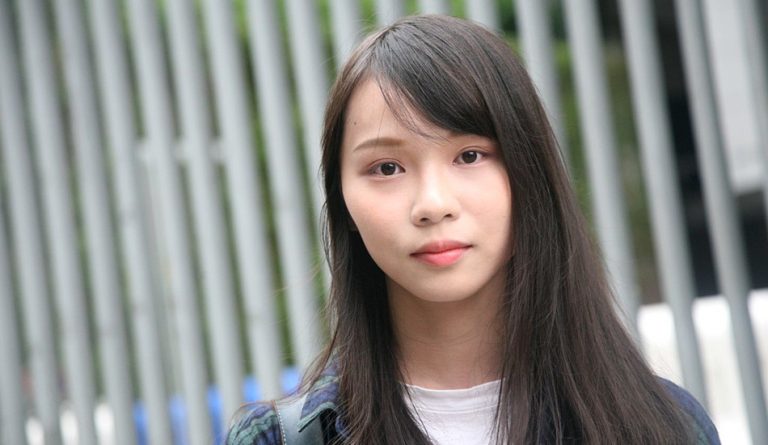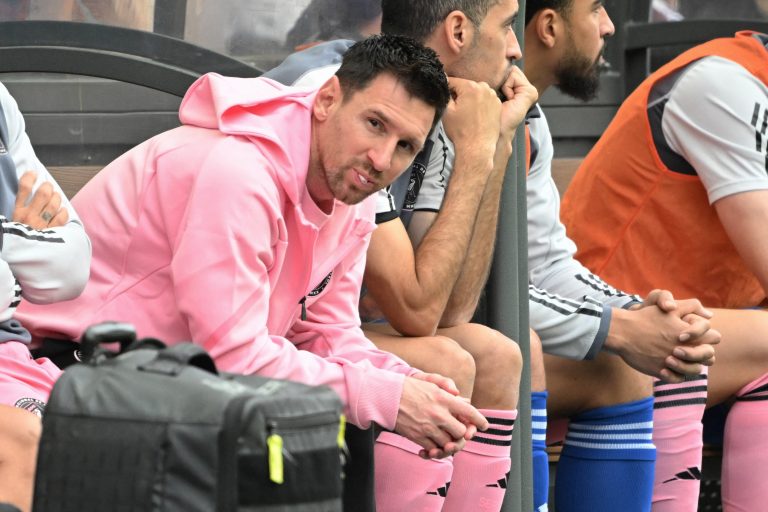Beijing has approved its ‘patriot’ plan in Hong Kong which mandates that all positions of political power in the region’s administration be held by people loyal to China, that is, the Chinese Communist Party. Critics warn that the move basically ends whatever democracy is left in Hong Kong. China’s National People’s Congress (NPC) passed the ‘Patriots Governing Hong Kong’ resolution on March 11. This now allows the CCP to make amendments to the annexes of Hong Kong’s constitution, the Basic Law.
On March 30, the resolution was passed by the NPC’s Standing Committee. The new rules are expected to come into effect in Hong Kong over the next few weeks. Many people have been surprised at the speed with which Hong Kong has been turned from an open democracy to a communist-controlled state.
However, Lee Jonghyuk, an assistant professor at Singapore’s Nanyang Technological University, expected these changes to come even earlier. He believes that Beijing was spooked about the possibility of Hong Kong protests triggering a chain reaction in the mainland.
“Surprisingly, Beijing trusted Hong Kong’s government’s ability to deal with the protesters… However, when the second mass protests happened in 2019, the Communist leadership decided to engage directly in Hong Kong issues to eliminate the sources of collective actions, such as democratic representations, civil networks, and education systems… There will be no reversion… This is quite certain. Universal suffrage is a mere obstacle to the stability of the Communist Party’s regime,” Lee said to the BBC.

According to the system, all candidates will have to face several layers of pro-CCP committees for approval to stand for elections. The final approval will be given by the national security branch of the Hong Kong Police Force.
Success
You are now signed up for our newsletter
Success
Check your email to complete sign up
Once a decision has been made, candidates will not be able to appeal against it. Earlier, the Election Committee only used to elect the Chief Executive of Hong Kong. The new rules empower it to also nominate candidates to the Legislative Council, the parliament of Hong Kong.
The pro-Beijing committee will also be expanded to 1,500 members from the existing 1,200. Though the number of overall seats in the Legislative Council has been increased from 70 to 90, the number of directly elected representatives will decline to 20 from 35. Of the 90 seats, 40 are reserved for MPs who are chosen by the Election Committee, while 30 seats are set aside for MPs with special interests, like trade and banking, who usually also carry a pro-CCP stance.
Hong Kong leader Carrie Lam has justified the changes, arguing that democracy’s approach is not “one size fits all,” that the vetting committee will only weed out “non-patriots,” not those with varying political views. She promised that as long as candidates show loyalty towards Hong Kong, pass national security checks, and uphold the Basic Law, they will be eligible to run for elections.
Former Democratic Party chairman Emily Lau notes, however, that the new patriot system has made elections completely pointless and is now considering working with communities directly as a means to serve Hong Kong. “Only the people they like [can take part] so why go through so many motions; surely it would be easier just to appoint them directly…”
“It would be totally pointless and a waste of effort… I will keep going with that (working within communities) because it’s what we believe in… Maybe there’s a heavy price to be paid for doing that, and some people are willing to do that, and some are not. You can’t force them,” she told Radio Free Asia.
Follow us on Twitter or subscribe to our email list













